The Chronic Diseases Their Peculiar Nature & Their Hom. Cure (Translated By Dudgeon. Theory & Practice 2 Vols
| Author: |
Samuel Hahnemann |
| ISBN: | 9788131902127 |
| Imprint: | B.Jain Regular |
1600
Hard Cover
English
This treatise on the electropahic system of pharmaco dynamics beautifully embraces the various aspects of drug preparation as regards the sources and collection, estimation of moisture content, percolation, cohobation, and potentisation. Based on the German electropathic pharmacopeia, every effort has ...Read More
This treatise on the electropahic system of pharmaco dynamics beautifully embraces the various aspects of drug preparation as regards the sources and collection, estimation of moisture content, percolation, cohobation, and potentisation. Based on the German electropathic pharmacopeia, every effort has been made to include the relevant data in a systematic and logical manner considering the long felt needs of the students and practitioners.
| Pages | 1600 |
|---|---|
| Format | Hard Cover |
| Imprint | B.Jain Regular |
| Language | English |
| Weight | 100 |
Add a Review
Your email address will not be published. Required fields are marked *
Samuel Hahnemann
Samuel Hahnemann was the founder of Homoeopathy. He established the fundamental principles of the science and art of Homoeopathy.He is called the Father of Experimental Pharmacology because he was the first physician to prepare medicines in a specialized way; proving them on healthy human beings, to determine how the medicines acted to cure diseases. Before Hahnemann, medicines were given on speculative indications, mainly on the basis of authority without experimental verification.Dr.... Read More
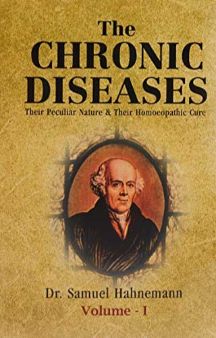
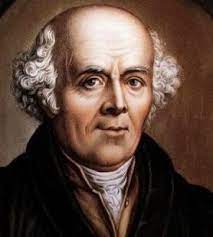




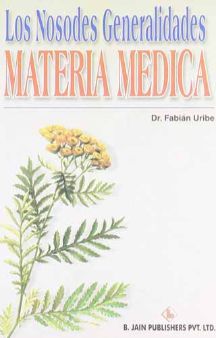

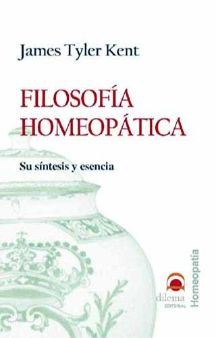
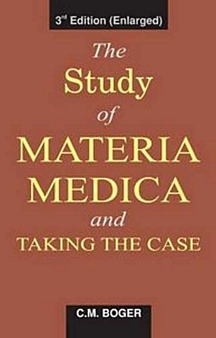

Dr. Ankur Shukla
Introduction Dr. Samuel Hahnemann's contemplation of the outcomes of homoeopathic treatment in the absence of a comprehensive theory on chronic diseases served as the impetus for the creation of this profound book. In the introductory section, he elucidates, "The chronic disease could, despite all efforts, be but little delayed in its progress by the Homoeopathic physician and grow worse from year to year." The trajectory of these ailments, according to Hahnemann, exhibited a pattern of promising beginnings, followed by less favorable continuations, ultimately leading to a sense of hopelessness. It was amidst this despair in addressing the relentless scourge of chronic illnesses that Dr. Hahnemann grappled with a question that occupied his thoughts for many sleepless nights, culminating in the birth of the theory of chronic disease. Commencing his dedicated pursuit in 1817, Hahnemann, despite uncovering crucial insights early in his exploration, chose to keep this profound discovery guarded, entrusting it initially to his steadfast disciples, Dr. Johann Ernst Stapf (1788-1860) and Dr. Gustav Wilhelm Gross (1794-1847). His motivation behind this selective revelation lay in the belief that the world needed to be acquainted with this knowledge in the event of any adversity befalling his health. Over the course of nearly a decade, from the initiation of his quest until the eventual revelation, Dr. Hahnemann meticulously refined and tested his theory, leaving no room for doubt in his mind. The culmination of this exhaustive effort is exemplified in his unwavering dedication, encapsulated in the statement, "the Giver of all good things permitted me within this space of time to gradually solve this sublime problem through unremitting thought, indefatigable inquiry, faithful observation, and the most accurate experiments made for the welfare of humanity." This book stands as a testament to Dr. Hahnemann's profound commitment to unraveling the complexities of chronic diseases for the betterment of mankind. Read More: https://www.homeopathy360.com/the-chronic-diseases-homeopathic-book-reviewed-by-dr-ankur-shukla/